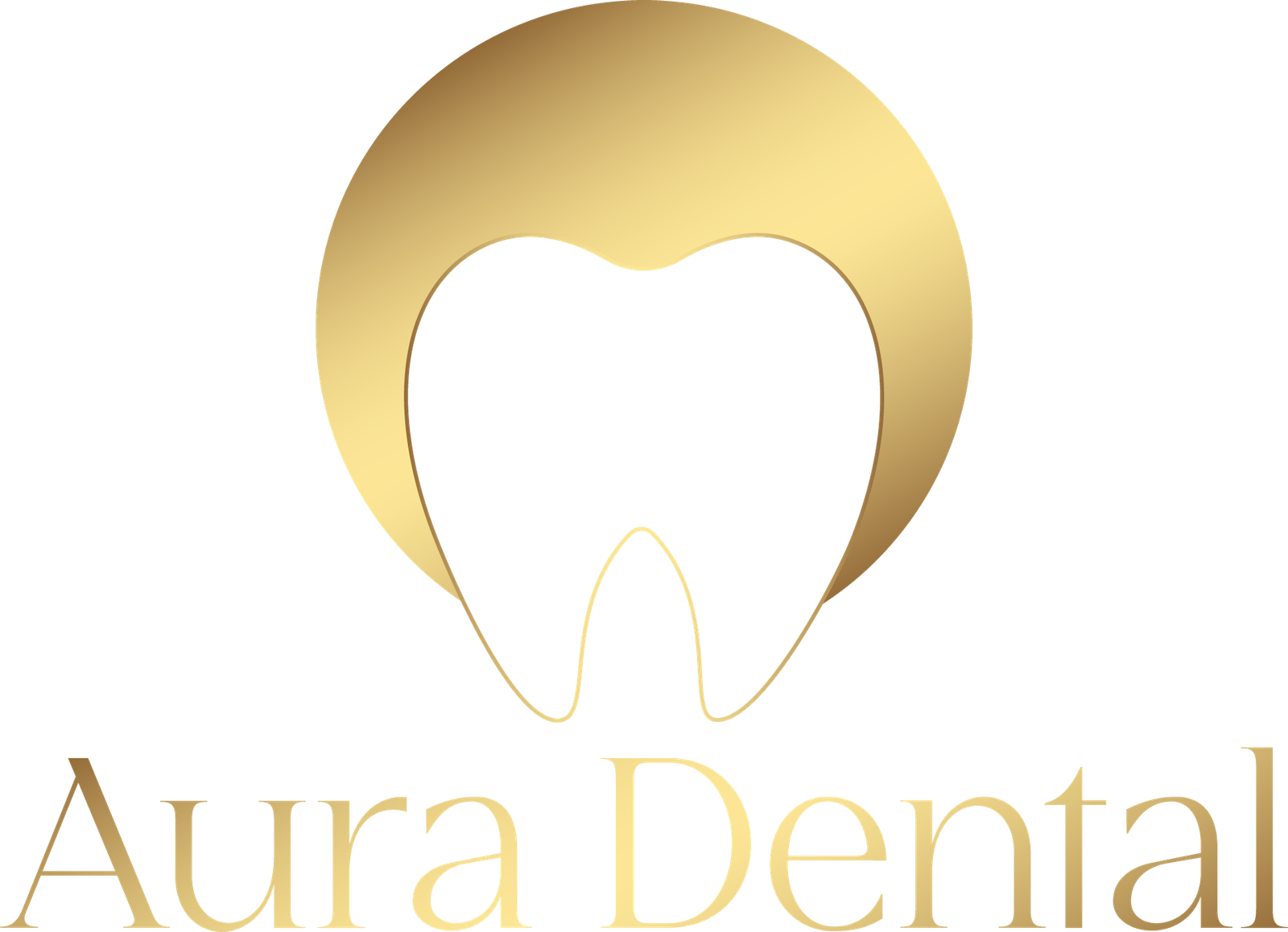Root canal treatment
Sandy, Bedfordshire
Root canal treatment (RCT) is a highly effective procedure designed to relieve pain and save teeth that are severely damaged or infected. At Aura Dental, we use modern techniques to ensure the process is as comfortable and efficient as possible, so you can get back to smiling with confidence.


What is a root canal treatment?
Root canal treatment involves removing infected or damaged tissue from inside the tooth, cleaning and disinfecting the area, and sealing it to prevent further issues. It’s a safe, effective way to save a tooth that might otherwise need to be extracted.
When would you need a root canal treatment?
If left untreated, the infection can spread and cause more serious dental and health issues. You may need a root canal if you’re experiencing:

Severe tooth pain
Especially when chewing or biting.

Prolonged sensitivity
To hot or cold temperatures, even after the stimulus is removed.

Swelling or tenderness
Around the gums near the affected tooth.

Darkening of the tooth
Caused by nerve damage.

Recurring abscesses
Indicated by pus or a small pimple on the gums.
What is the root canal treatment process?

We begin with a thorough consultation to understand your symptoms. X-rays are taken to assess the extent of the infection or damage, and we’ll explain the procedure to ensure you feel confident moving forward.

Local anaesthesia is used to ensure you’re completely comfortable during the procedure. A small opening is made in the tooth to access the damaged pulp and root canals.

The infected pulp and bacteria are carefully removed. The canals are then cleaned, disinfected, and filled with a biocompatible material to seal the space and prevent reinfection.

The tooth is restored with a crown or filling to strengthen it and ensure it looks and functions just like your natural teeth. This step completes the process, giving you a healthy, pain-free smile.
Root canal treatment for a front tooth vs. a back tooth
-
Front tooth
Root canals on front teeth typically involve fewer canals and are generally less complex. Restorations may involve a composite filling or a crown, depending on the extent of damage.
-
Back tooth
Molars have multiple canals, making the procedure more intricate. Back teeth often require crowns after treatment to withstand chewing forces and ensure durability.
Most patients recover fully within 1–2 weeks. Mild discomfort or sensitivity is normal but subsides quickly with proper aftercare.
Avoid chewing on the treated tooth until it’s fully restored. Also, refrain from eating sticky or hard foods and smoking, as they can hinder healing.
Yes, unless you’ve had sedation. If sedation was used, you’ll need someone to drive you home.
Yes, many patients experience significant pain relief immediately after the procedure, as the source of infection is removed.
Yes, maintain your normal oral hygiene routine, but be gentle around the treated area until it fully heals.
